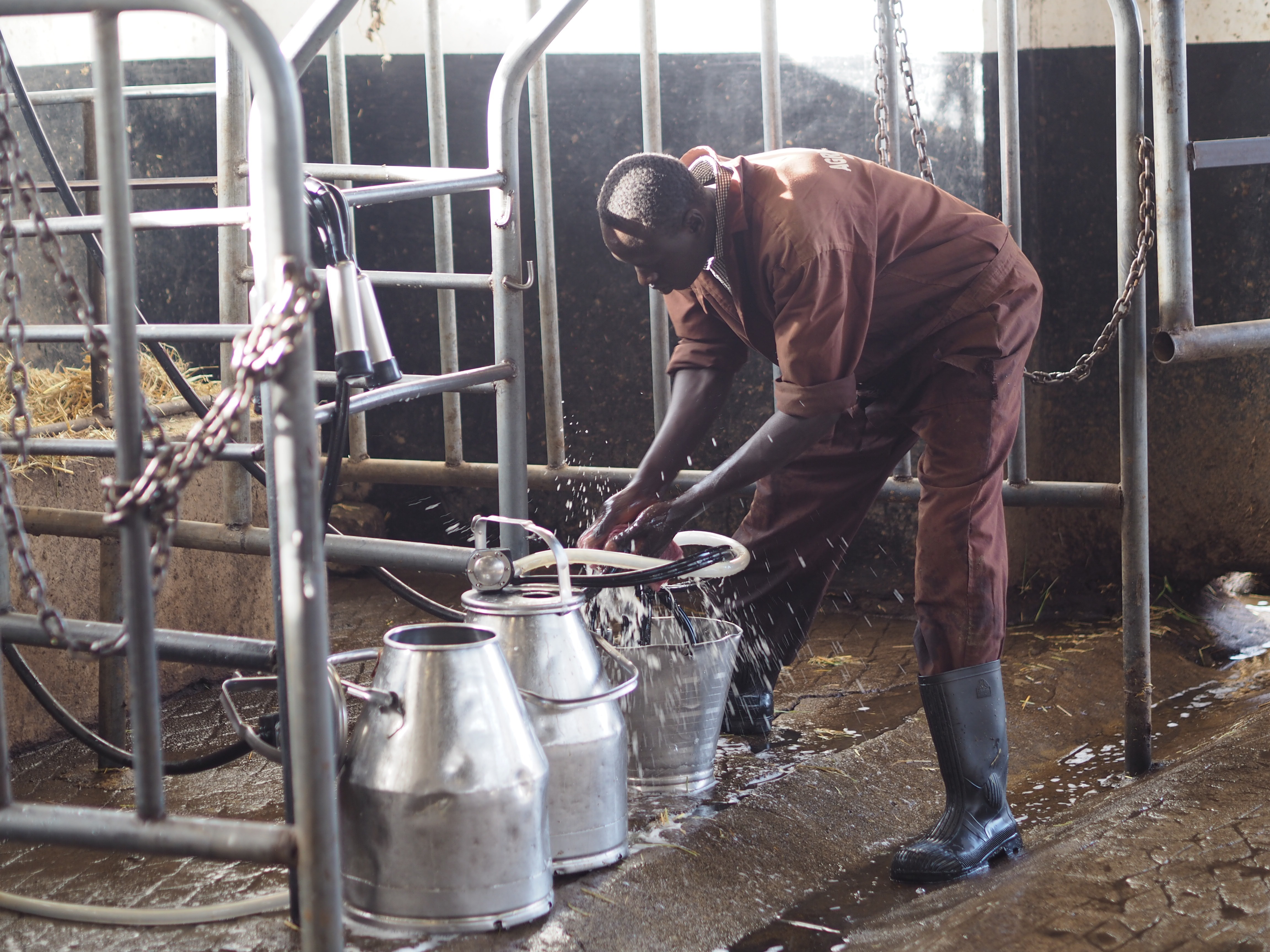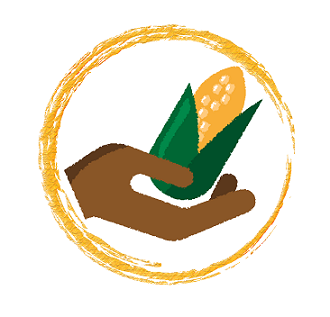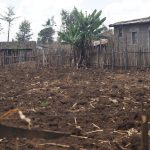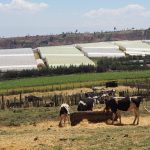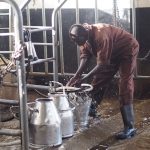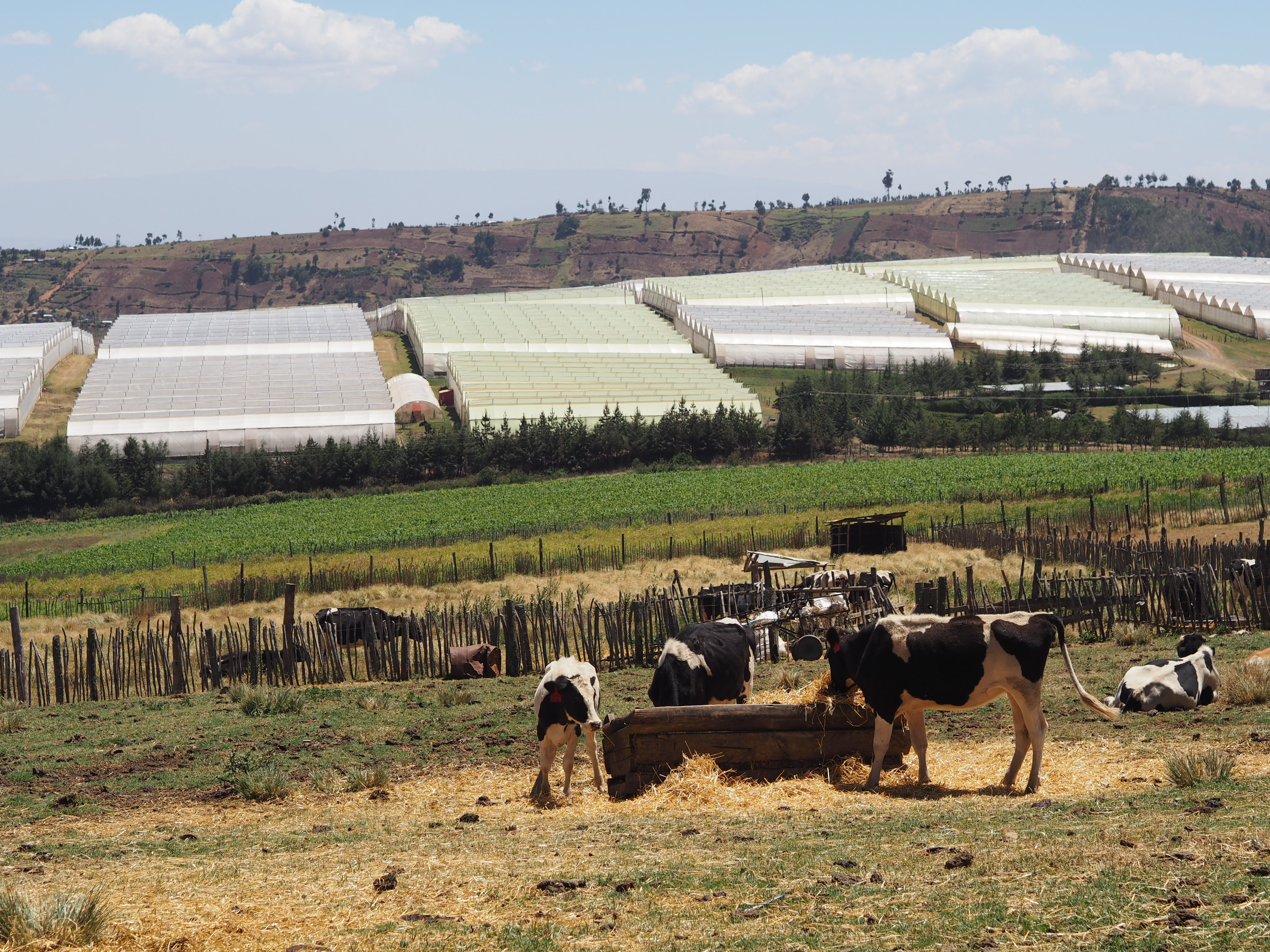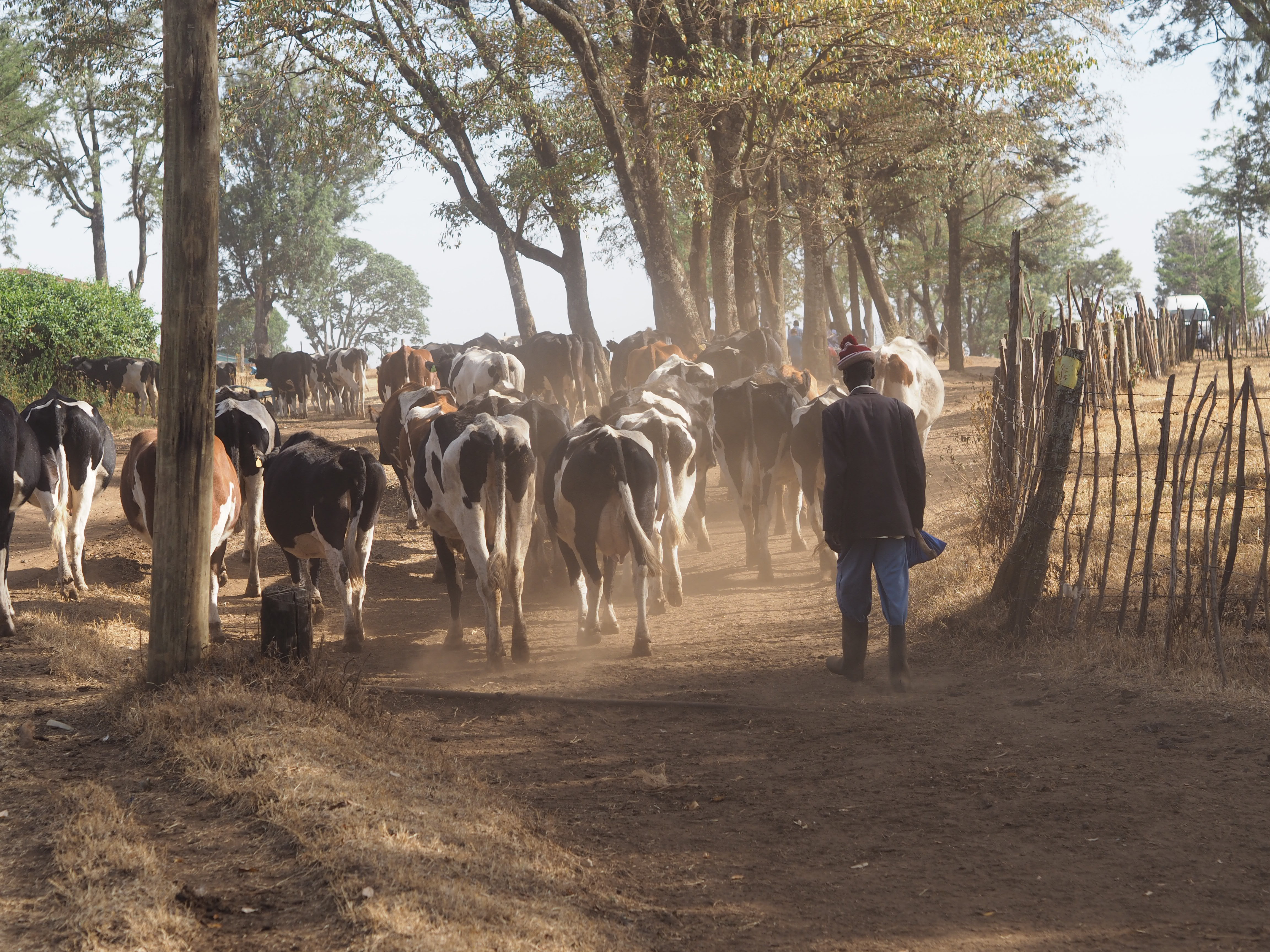
Who did we meet?
In a nutshell we interviewed:
- 10 small scale famers
- 3 large scale farmers
- 2 dairy farms
WHAT
A deep dive research to understand the broad scope of farming practices like food handling & processes. The vast amount of insights was used as input for the blueprint to define key opportunities.
WHY
In the preliminary research we found that farming varies greatly within small scale and large scale farmers. Thus we aimed at meeting the full spectrum of farmers and getting to know their practices.
WHERE
Nakuru region which is known for agricultural practices.
HOW
The farmer visits arranged by the Kenyan team and were conducted in groups / pairs. Since many farmers did not speak English, our Kenyan colleagues played a crucial role in facilitating the interview. In advance an extended list of questions was prepared. In practise the interviews ended up being organic rather than a structured questionnaire because this resonated most with the interviewees. However the following guidelines were applied:
- Questions were asked open-ended
- We focused on the following questions mainly.
- Name
- Gender
- Age
- How does your family structure look like?
- What is your education?
- Farming practices: – What? – Why? – How? – With what … (tools / knowledge)?
- What do you know about aflatoxins
- How do you receive information? Who do you trust with information?
- What existing networks / communities are present? (who is involved / excluded?)
- How would your ideal farm look like?
Small Scale Farmer
Insights
- Aflatoxins in maize are only known by a fraction of farmers and completely unknown in milk, there is an information gap.
- Small scale farmers use simple farming techniques when drying their crops, preparation of animal feed, milk harvesting and handling.
- “Wet maize is not tasty.”
- Wet maize is sometimes hidden in the bottom when sold to middle men because of time efficiency or inability to dry crops in the wet season.
- Governments extension services are present but not ‘really’ accessible or helpful to small scale farmers.
Opportunities
- Education of farming practices
- Access to tools & Resources
- Awareness around Aflatoxins
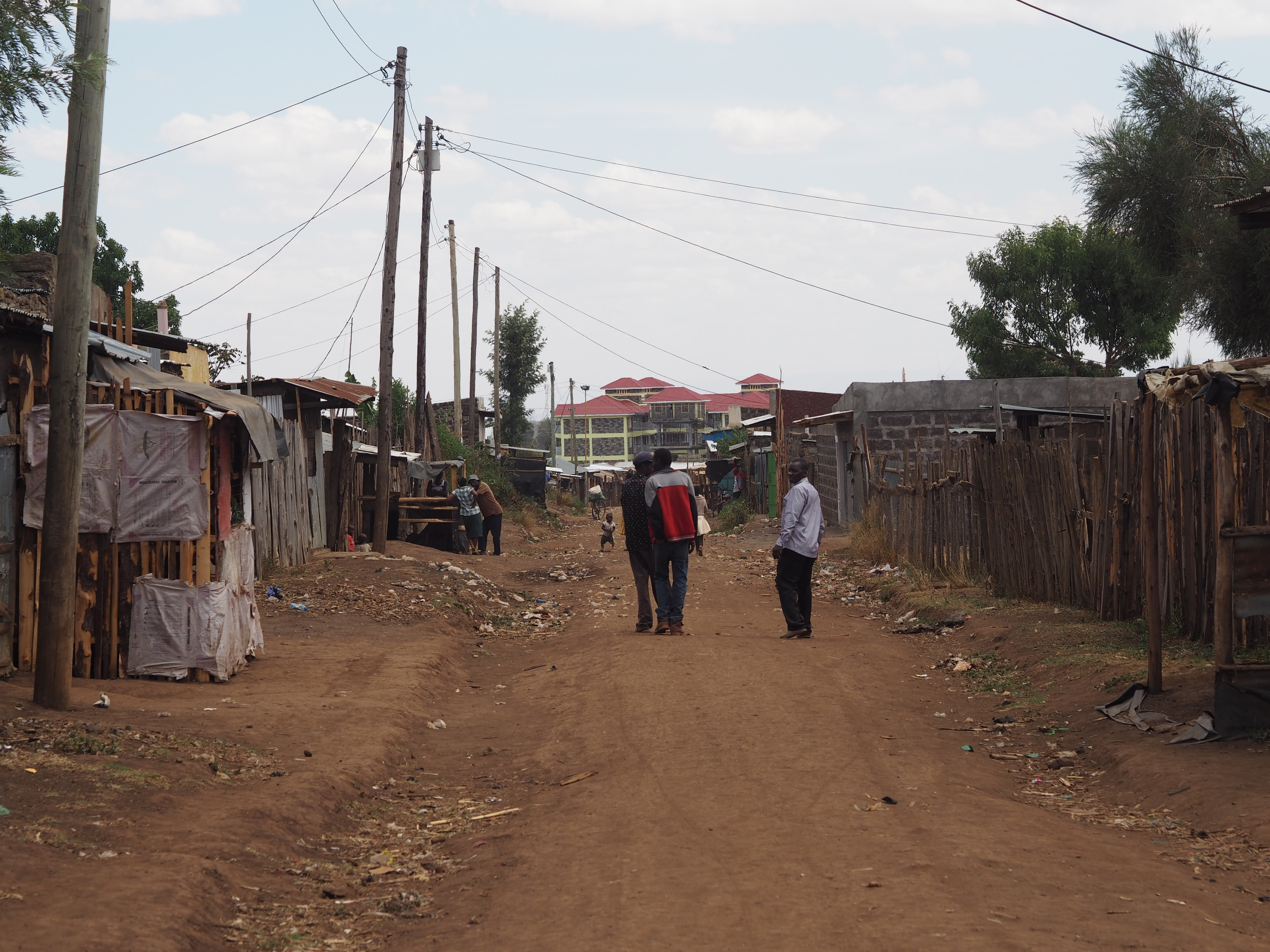
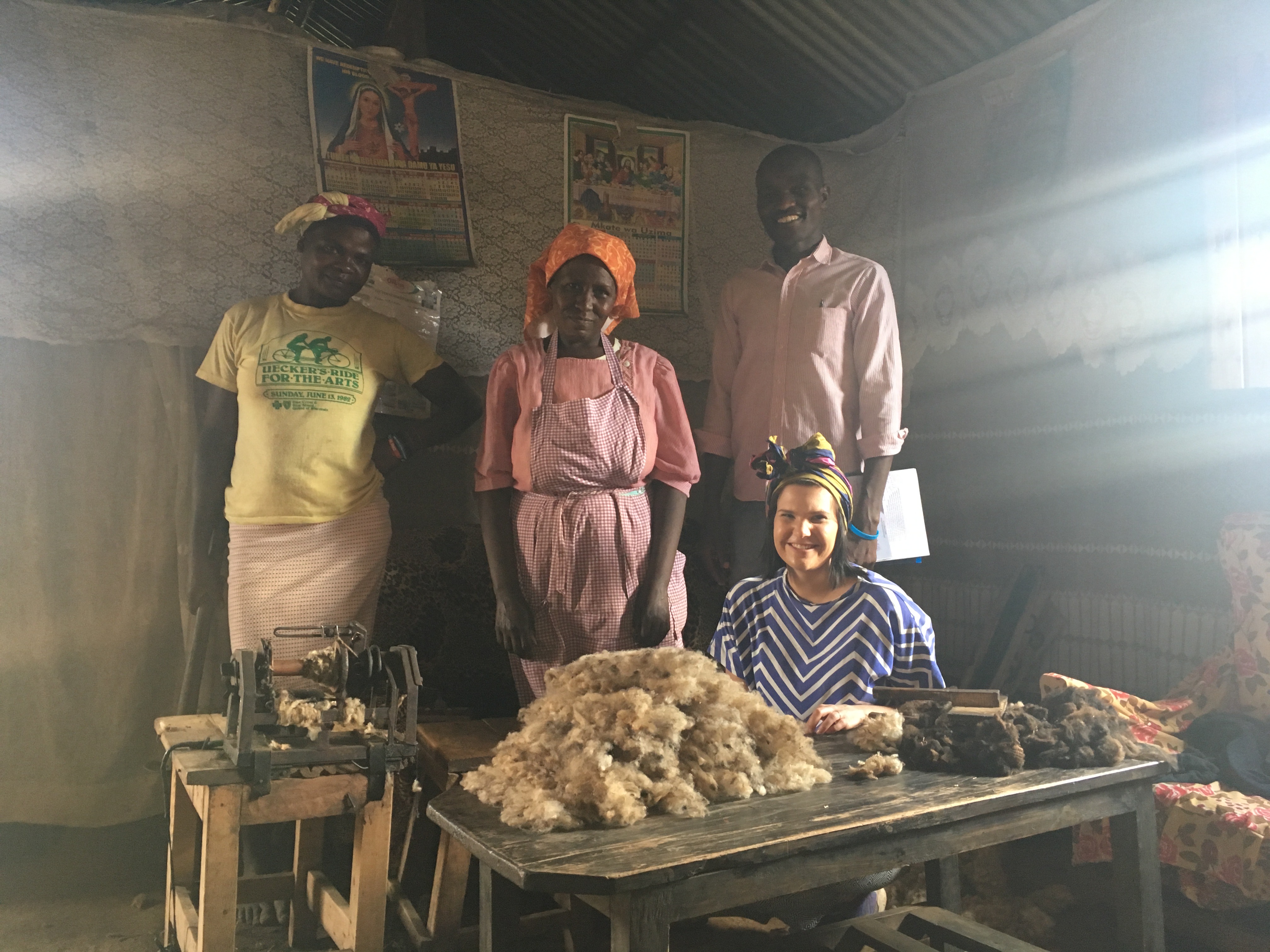
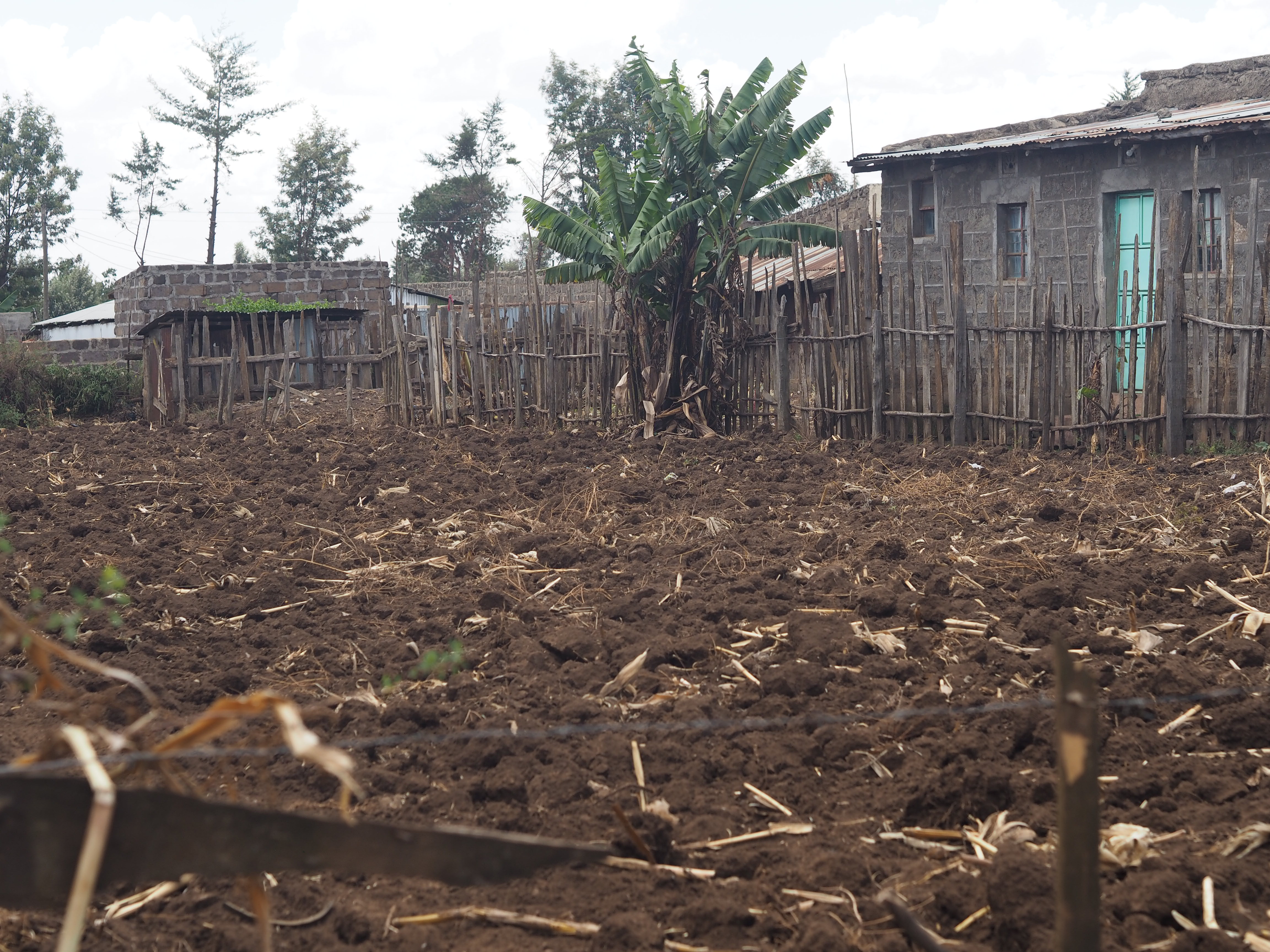
Large Scale Farmer
Insights
- Automated processes increase efficiency and quality of products.
- Products are marketed to increase the value (branding in packaging).
- Access to testing facilities is crucial in developing high quality products.
Opportunities
- Introduce standards that cut across the food value chain to increase the value of products.
- Establish partnerships with labs and feed producers to create an ecosystem of high quality products, instead of fending by themselves.
- Current lab facilities can be used to create an ecosystem of labs so other farmers can test as well.
Dairy Farmer
Insights
- Dairy farmers use binders in their feed. Common belief is that these bind to the aflatoxins and that this is an effective way of eliminating aflatoxins out of the milk. [dairy farmer]
- However, once the feed contains Aflatoxins you can not take them out through binders, they will enter the dairy chain and are found in the milk. [Egerton University]
- Milk testing on aflatoxins is an uncommon practise for many dairy farmers.
Opportunities
- Educate dairy farmers on practices e.g. binders.
- Raise awareness on practices and Aflatoxins
- Introduce standards that cut across the food value chain to increase the value of products.
- Establish partnerships with labs and feed producers to create an ecosystem of high quality products.
